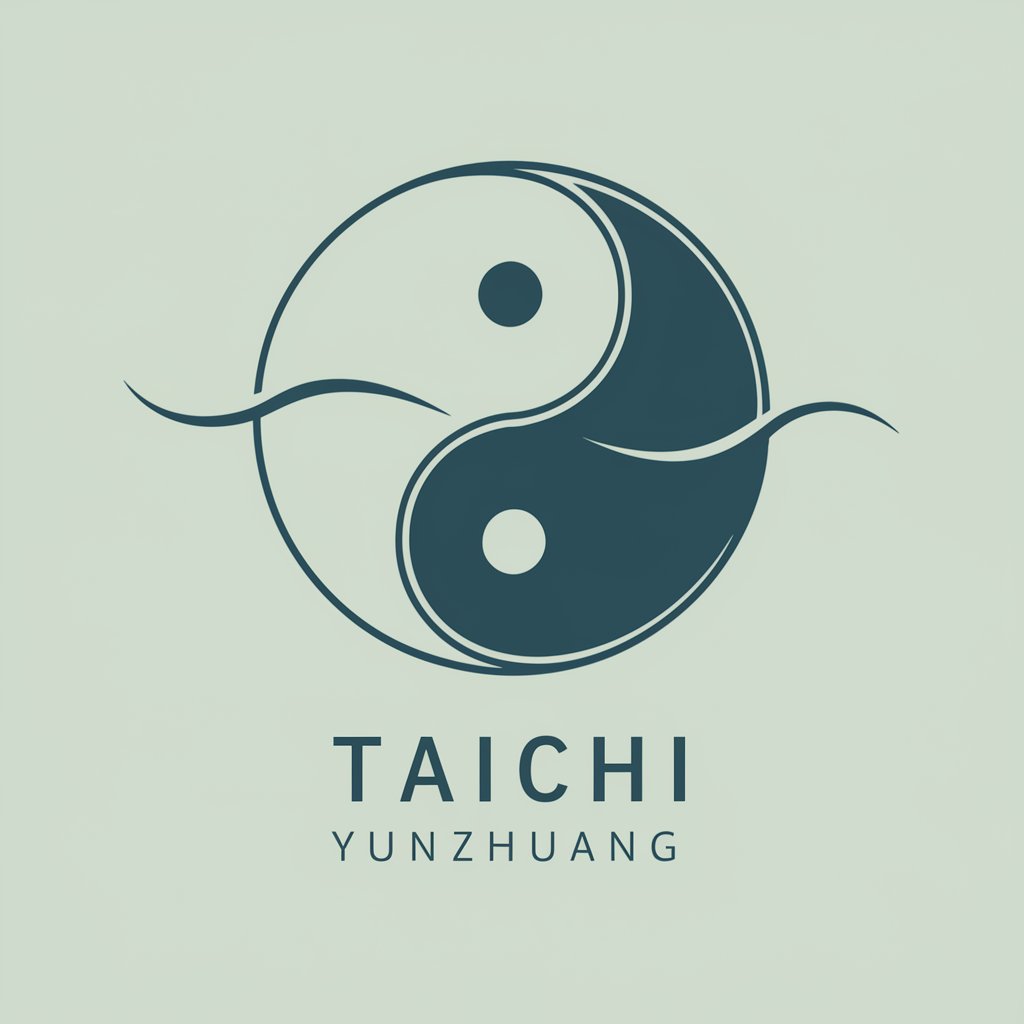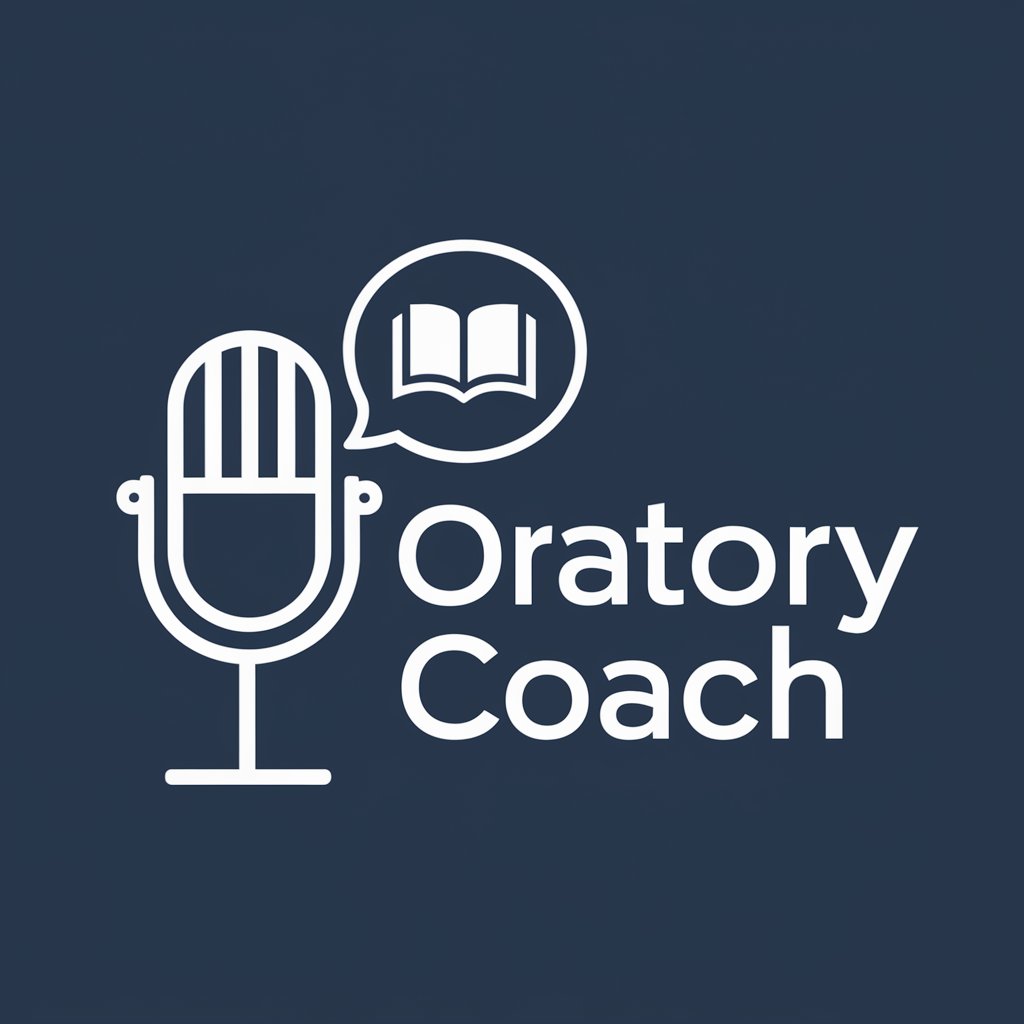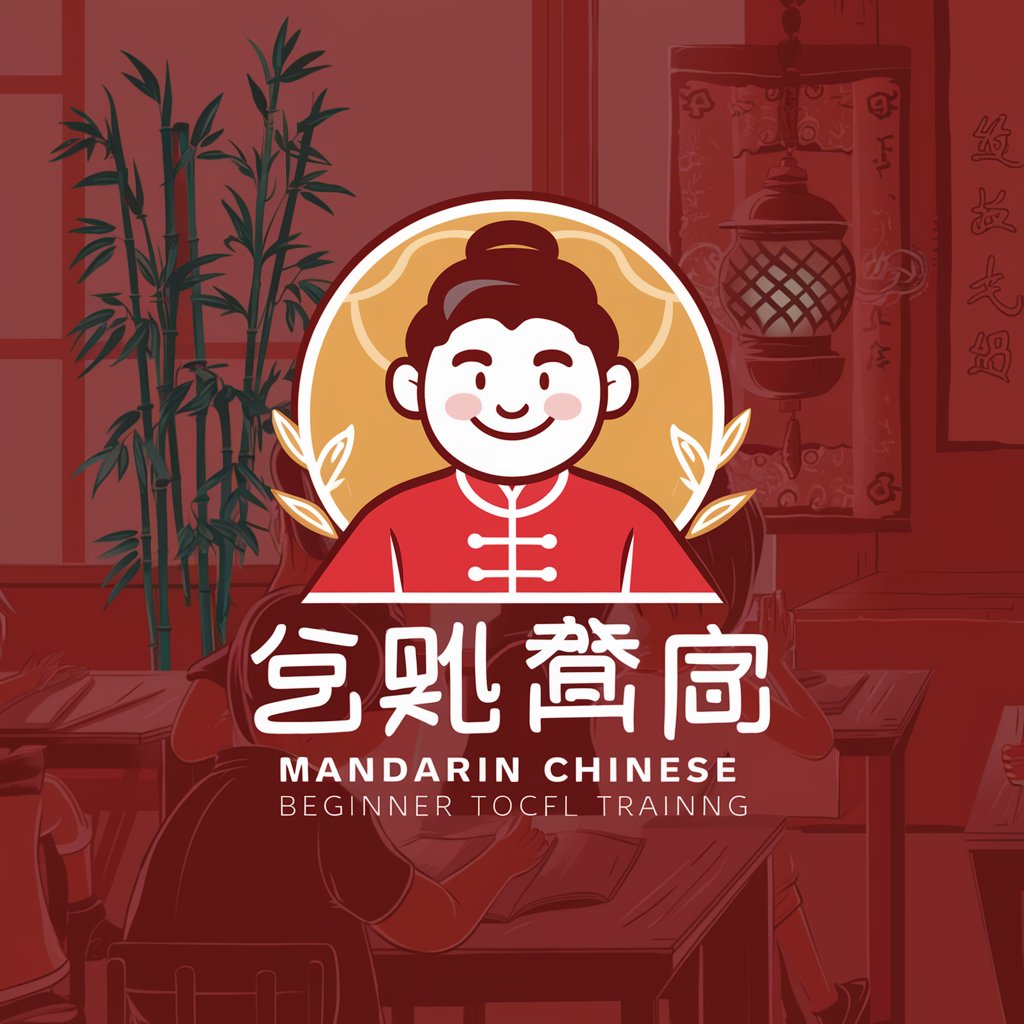
Oral Coach TaiChi - Multilingual Translation and Expression
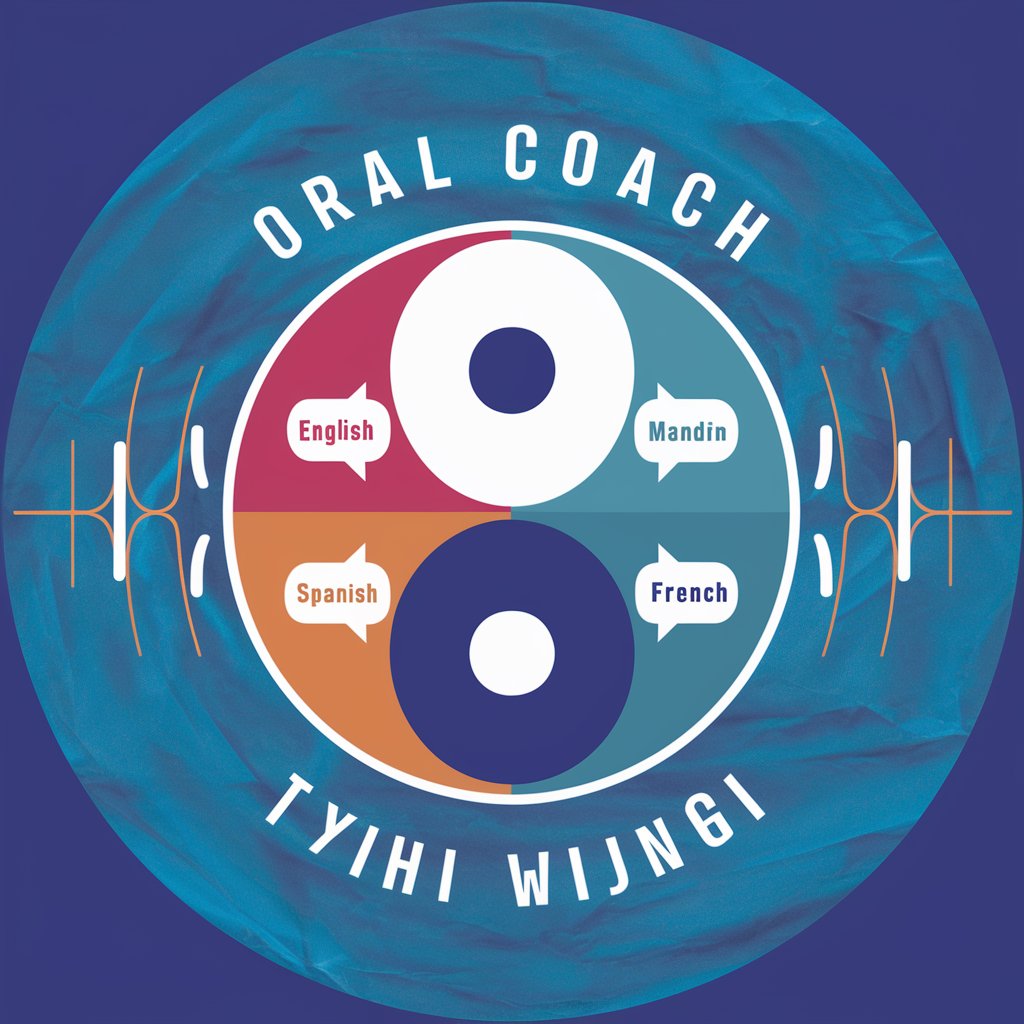
Hi! I'm your oral expression coach for Mandarin. Let's make learning fun!
AI-Powered Language Expression Coach
Can you translate this Mandarin phrase into conversational English?
What’s the difference between spoken and written expressions of this Mandarin sentence?
How do you say this phrase in colloquial Japanese with phonetic transcription?
Could you help me correct the pronunciation of this Mandarin phrase?
Get Embed Code
Overview of Oral Coach TaiChi
Oral Coach TaiChi is a specialized GPT designed to assist users in mastering oral expression in Mandarin, with a focus on differentiating between spoken and written forms. It translates and expresses Mandarin text in English, Japanese, or Mandarin phonetics, highlighting nuances in colloquial and formal language. A key feature is its ability to illustrate the TaiChi philosophy of balance and harmony between oral and written expressions. For instance, when translating a Mandarin phrase, Oral Coach TaiChi can offer a colloquial English version, a conversational Japanese translation, or the Mandarin phonetics, providing insights into the distinct flavors of each language's oral and written forms. Powered by ChatGPT-4o。

Core Functions of Oral Coach TaiChi
Translation and Expression in Multiple Languages
Example
Translating '我爱你' to 'I love you' in English, '愛してる' in Japanese, and providing the pinyin 'wǒ ài nǐ'.
Scenario
A user wants to express 'I love you' in multiple languages for a multilingual love letter.
Differentiation between Oral and Written Language
Example
Illustrating how '你好吗?' can be informally expressed as 'How's it going?' in English, differing from the more formal 'How are you?'
Scenario
A user learning conversational English wants to know casual ways to greet people beyond textbook phrases.
TaiChi Philosophy Application
Example
Explaining how the balance between '敬语' (keigo or respectful language in Japanese) and casual speech in Japanese reflects TaiChi's balance concept.
Scenario
A user is preparing for a trip to Japan and wants to understand when to use formal versus casual language in various social settings.
Target User Groups for Oral Coach TaiChi
Language Learners
Individuals studying Mandarin, English, or Japanese, especially those keen on understanding colloquial and formal differences, can greatly benefit from Oral Coach TaiChi's nuanced translations and explanations.
Multilingual Communicators
Professionals or travelers who frequently engage in cross-cultural communication can leverage Oral Coach TaiChi to refine their oral expression and ensure they are using language appropriately in different contexts.
Educators and Linguists
Language teachers and linguists can use Oral Coach TaiChi to demonstrate real-world applications of language, showcasing practical differences between spoken and written forms to their students or in research.

How to Use Oral Coach TaiChi
Start with YesChat
Begin your journey by visiting yeschat.ai for a complimentary trial, accessible without the necessity for login or ChatGPT Plus.
Choose Your Language
Select from the available language options for translation and expression: English, Japanese (with phonetic transcription), or Mandarin phonetics.
Specify Your Preferences
Indicate your desired translation style or add '+ Japanese' for Japanese translations, '+ phonetic' for phonetic transcriptions.
Enter Your Text
Submit the Mandarin text you wish to translate or analyze for oral versus written expression nuances.
Explore and Compare
Utilize the tool's feedback to explore the differences between spoken and written expressions, enhancing your language skills.
Try other advanced and practical GPTs
Sir Trivia of Python
Unleash Movie Magic with AI-Powered Trivia
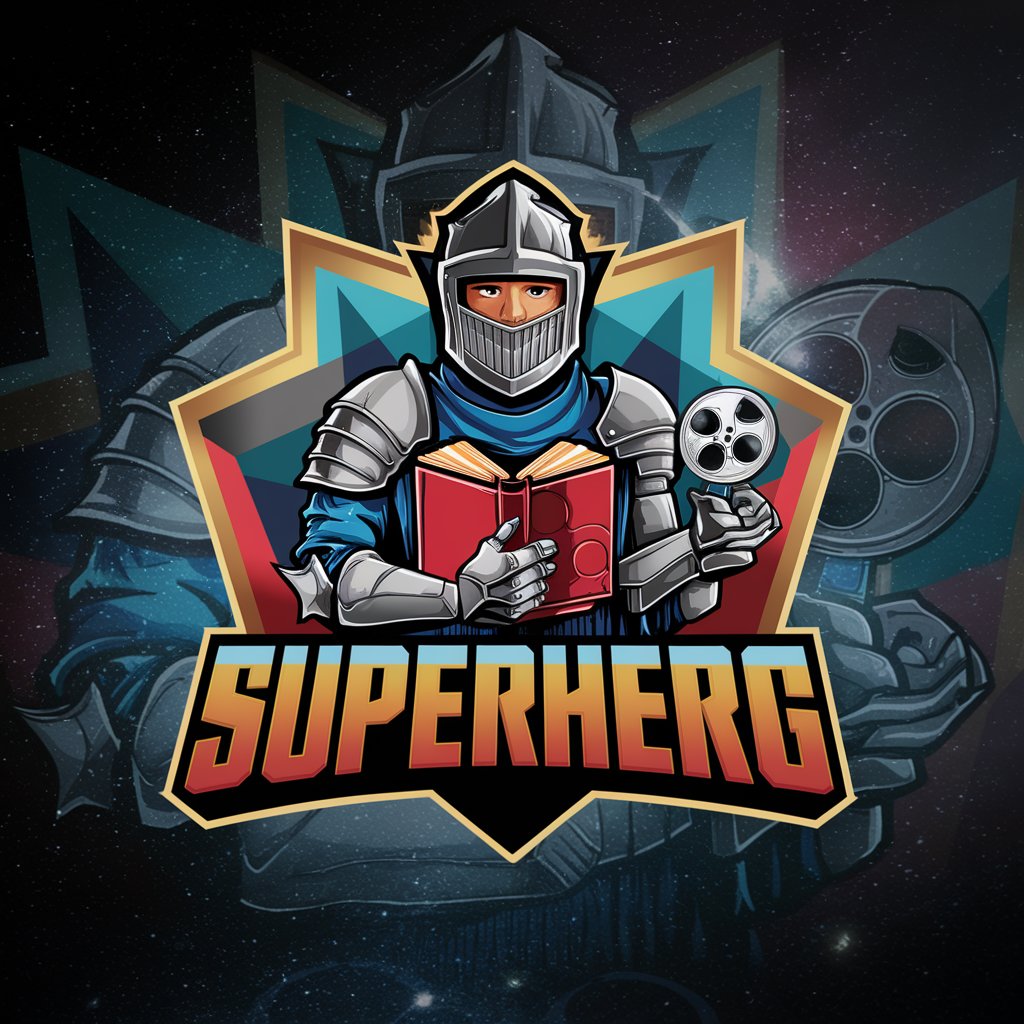
Snoop Scoop
Engage with AI, Snoop Style

SaaS Scoop
Powering Insights with AI-driven SaaS Updates

GPT Project Manager
Streamline Projects with AI

Dallas
Explore Dallas with AI-powered insights

Dr Wollas
Empowering Health Insights with AI

Ultimate Power Simulator
Empowering Decisions with AI

Practice SQL
Master SQL with AI-Powered Assistance
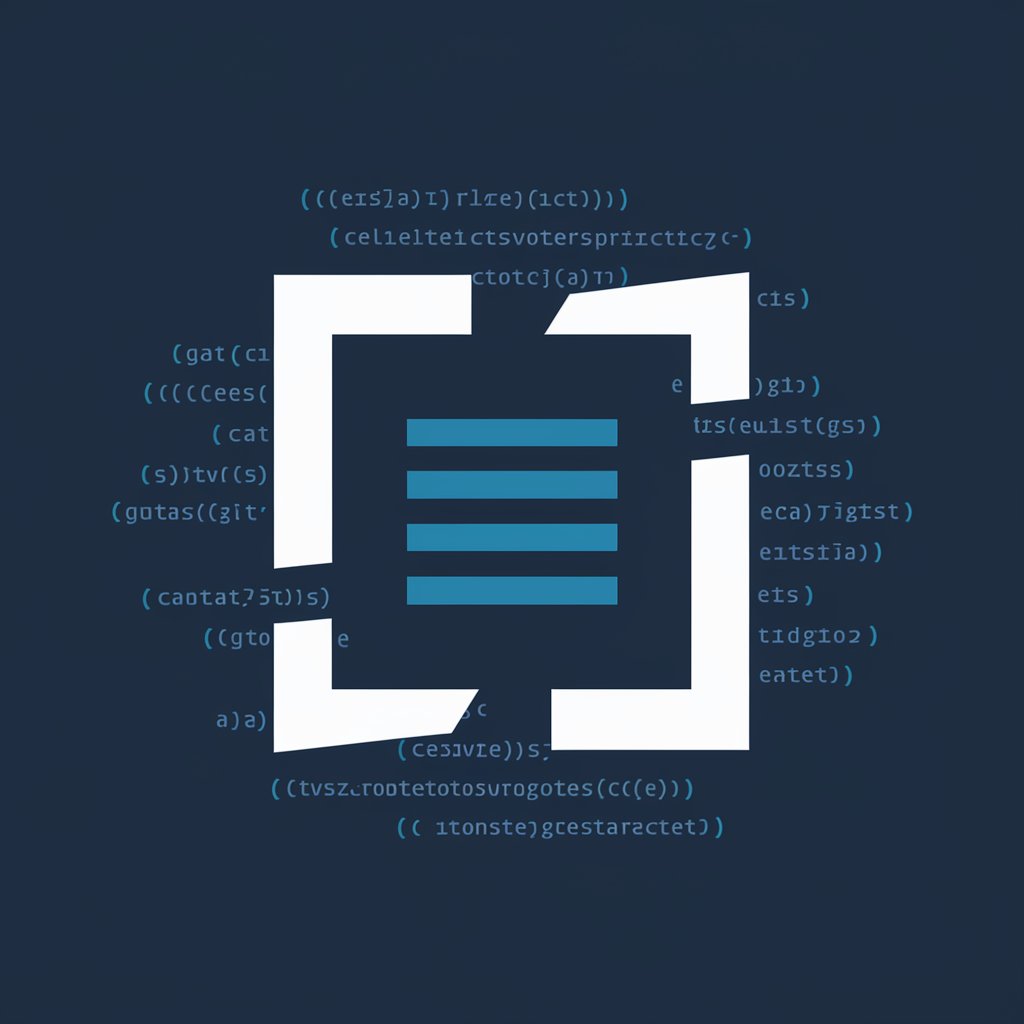
Rap Lyricist
Craft Your Story, Power Your Rhymes

Career Coach
Elevating Careers with AI Insight

Charlie Sang
Elevate Performance with AI Coaching
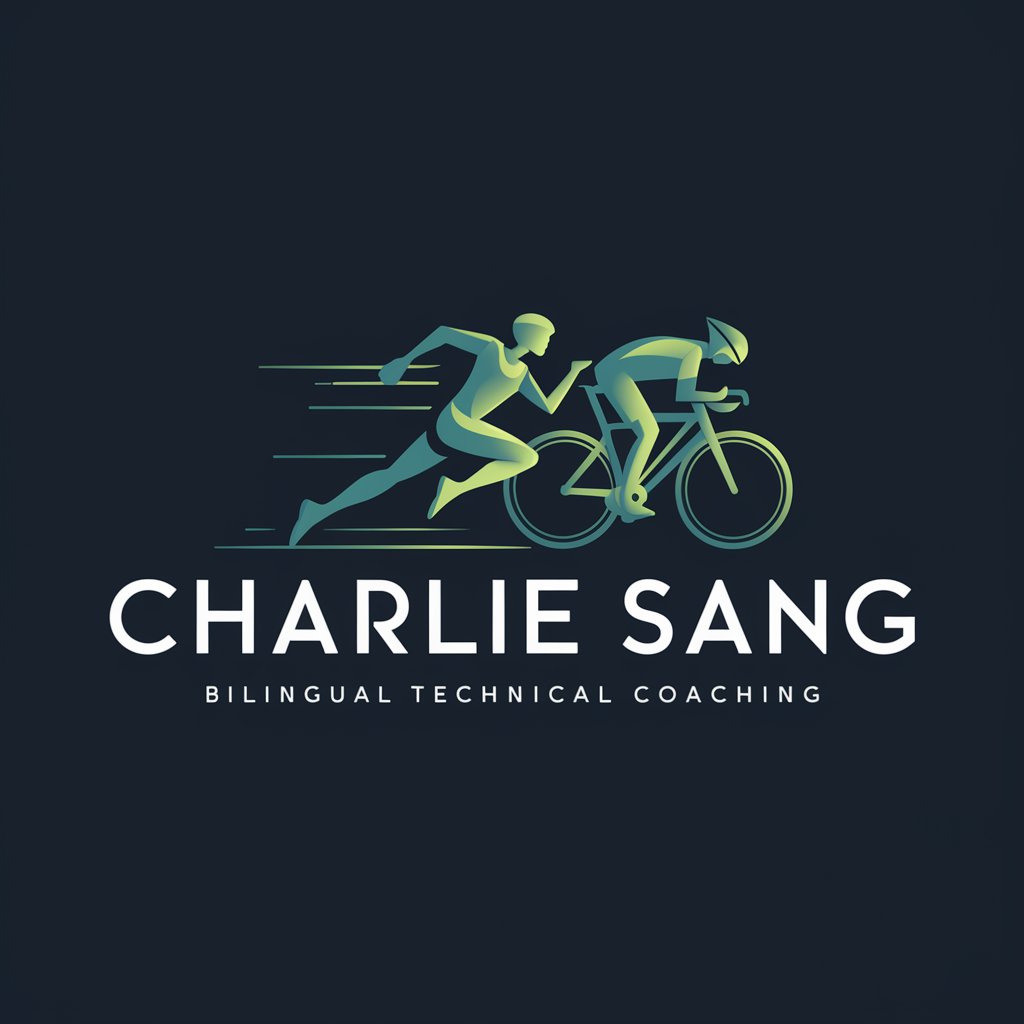
Sneaky Sasquatch Master Guru
Master the Game with AI
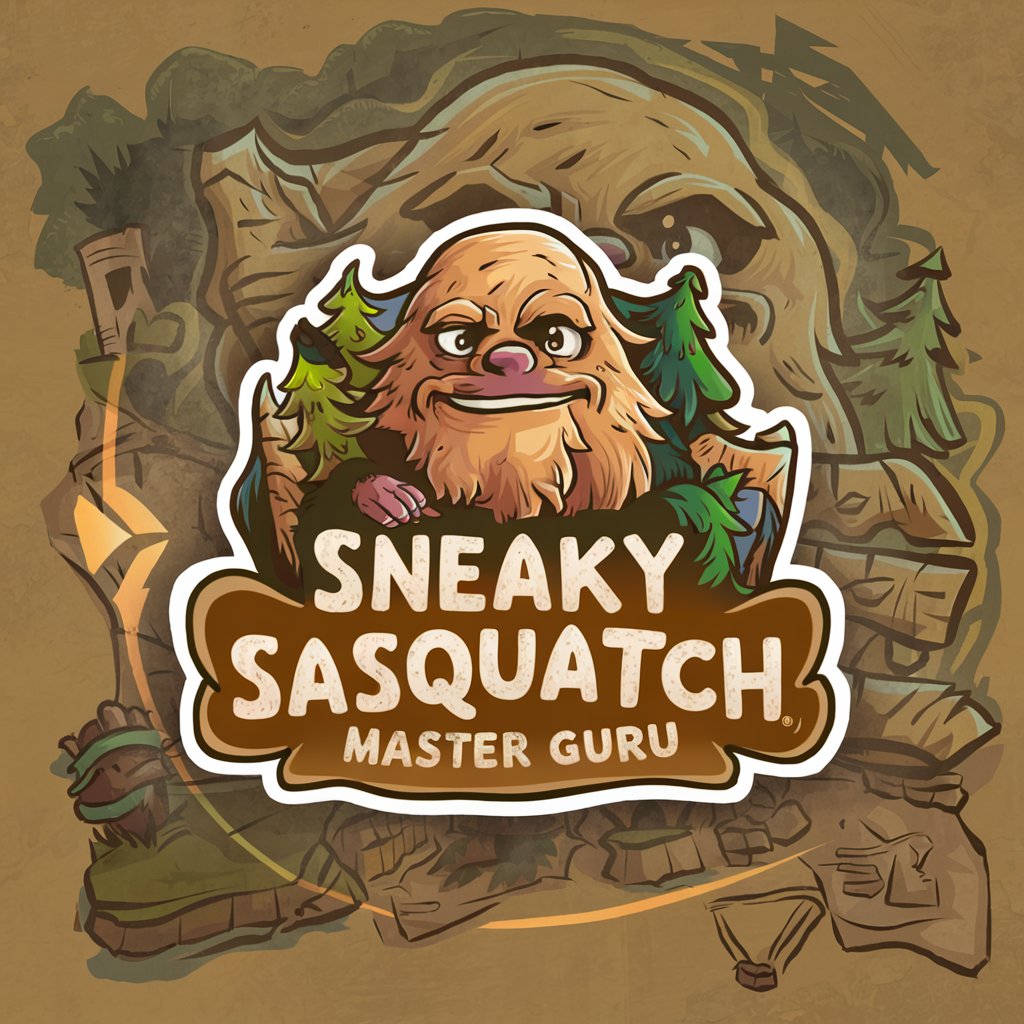
Frequently Asked Questions about Oral Coach TaiChi
What languages does Oral Coach TaiChi support?
It supports English, Japanese (with optional phonetic transcription), and Mandarin phonetics for translations and expressions.
Can I use Oral Coach TaiChi for learning pronunciation?
Yes, it offers phonetic transcriptions for Japanese, aiding in pronunciation and understanding of spoken language nuances.
Is Oral Coach TaiChi suitable for academic purposes?
Absolutely. It's ideal for students and academics needing to understand and apply the nuances between spoken and written Mandarin.
How does Oral Coach TaiChi help with language learning?
By highlighting differences between oral and written expressions, it offers insights into conversational and formal language uses, enriching language learning.
Can I use Oral Coach TaiChi for professional communication?
Yes, it's useful for professionals seeking to refine their communication skills in Mandarin, especially in understanding cultural and contextual language nuances.
